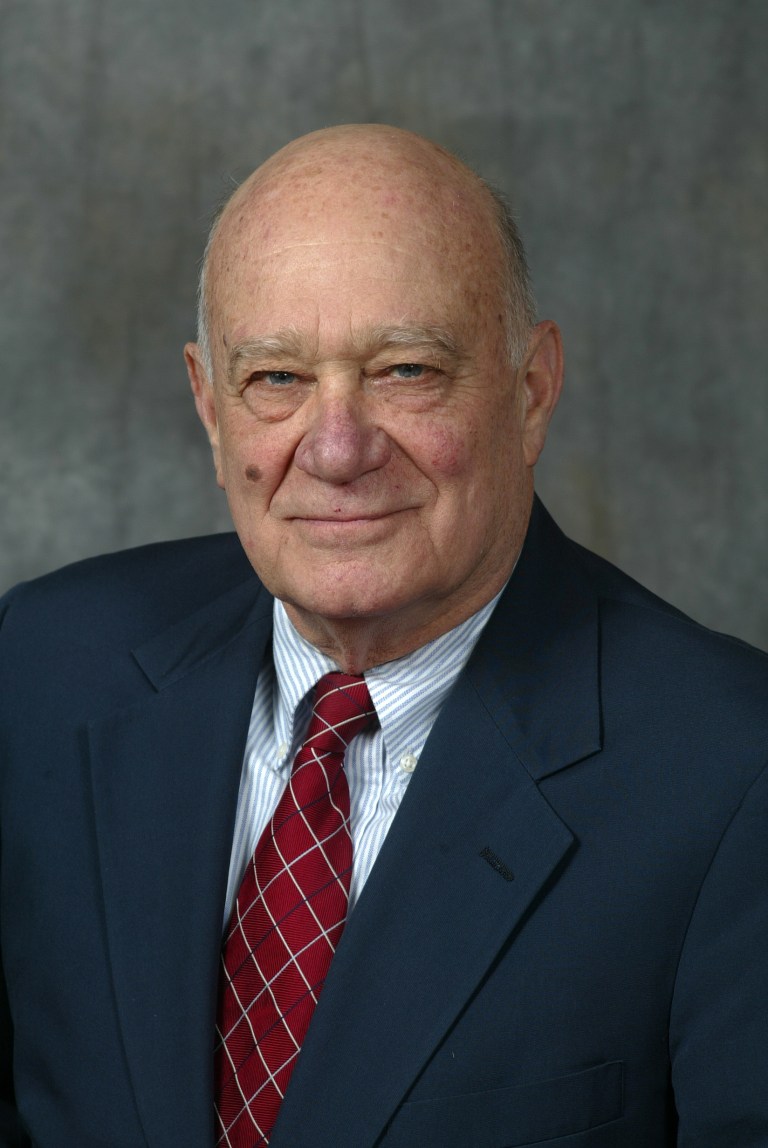
Immigration policies, practices and American values will be at the top of my agenda into 2020, as Hofstra’s Institute for Peace Studies and Center for Civic Engagement seek to engage folks on Long Island, nationally and around the globe.
However, all of us have a more immediate opportunity to learn about immigration and to contribute our ideas. Mark your calendars for Thursday, April 18, at 7:30 p.m., Unitarian Universalist Congregation (48 Shelter Rock Road, Manhasset).
Blank Slate Media, in association with the Unitarian Universalist Congregation at Shelter Rock, will host an “On the Record Community Forum” that addresses “The Politics of Immigration.”
Editor and publisher Steven Blank has assembled a knowledgeable and deeply experienced panel: Isma Chaudhry, the first woman to chair the Islamic Center of Long Island; Lawrence Levy, former Newsday columnist, now executive dean of the National Center for Suburban Studies at Hofstra University; and Patrick Young, attorney and program director of the Central American Refugee Center.
After Blank engages the panel about the complex and politically divisive immigration issues, you will have a chance to participate in a Q&A session. Refreshments — and chat time — will follow the forum.
Admission is free; register to insure your place at www.archive.theisland360.com/communityforum.
I have been trying to examine some of the reasons why our elected officials have failed to address compelling immigration issues. Why did the bipartisan reform bill that passed the Senate with 68 votes in 2013 fail to get a hearing in the House?
Are the politics of immigration sufficiently improved now so that a Democratic House can craft legislation that will win support in the narrowly controlled Republican Senate?
Even if a bill (similar to the 2013 version, with lots of trade-offs) is adopted, how will Donald Trump respond? Will he use his executive and media power to block any immigration considerations until after the 2020 election?
Could small groups of Democrats and Republicans in both houses use “back channel” (out of public view) explorations to find enough common ground and craft enough trade-offs to engage colleagues and the President?
Or, is it a total pipe dream to hope that Trump would foster any immigration efforts in light of his 2016 campaign?
On March 23, The Washington Post reported that Trump’s anti-immigrant, anti-media rallies in 2016 resulted in a 226 percent increase in hate crimes in counties where he held campaign rallies compared to counties where no rallies were held.
One day earlier (March 22) USA Today headlined a story: “Whites worry about minorities in majority: Almost half in poll fear weaker American values.”
A huge challenge for the April 18 Blank Forum is contained in the view of demography and migration expert Jack DeWaard from the University of Minnesota, who warns: “The issue of migration has become so much more politicized, hijacked and divorced from facts and reason.”
I have confidence that the Blank panel can provide facts and reason. But will enough U.S. citizens be sufficiently attentive to make informed judgments that are based on reliable data and on tested American values (what Lincoln referred to as our founding beacons)?
A majority of Americans who responded to a PEW poll believe that increasing diversity will lead to more conflicts among groups in America and will “weaken American customs and values.”
Those who hold such views lack an understanding of what happened for centuries as generations of new immigrants and their children became part of our society. Some of the immigrants (like a few of my relatives) were “in” America, but not “of” America. They stayed in their ethnic neighborhoods and avoided learning English, focusing on the chance for more economic security.
But with each new generation, then — as now — the children of immigrants and their grandchildren became more Americanized — often so homogenized that we lose the distinctiveness of what their diversity can add to our culture.
Common sense shows that we have new and better ways to help newcomers adapt to the United States without relinquishing their unique contributions. This past fall, The National Center for Suburban Studies, led by Dean Levy, had “Celebrate Diversity” as its annual theme.
Recently, journalist and son of immigrants, Pulitzer prize winner Nicholas Kristof, reminded us that “talent is universal, even if opportunity is not.”
What steps can be taken so folks who have anxieties can see the merits in a pluralistic American society?
Professor DeWaard says we have slipped into one of our nation’s worst period marked by “politics of fear and resentment.” He says there is “an increasing lack of empathy” in our society.
Let’s note the encouraging words of Long Islander Walt Whitman in this 200th year of his birth:
“These states are the amplest poem;
Here is not merely a nation,
But a teeming nation of nations.”
We can also heed Edwin Markham’s poem, admired by Dr. King, for addressing fears and hostilities from others:
“He drew a circle that shut me out,
Rebel, heretic, a thing to flout;
But love and I had the wit to win,
We drew a circle that took him in.”






